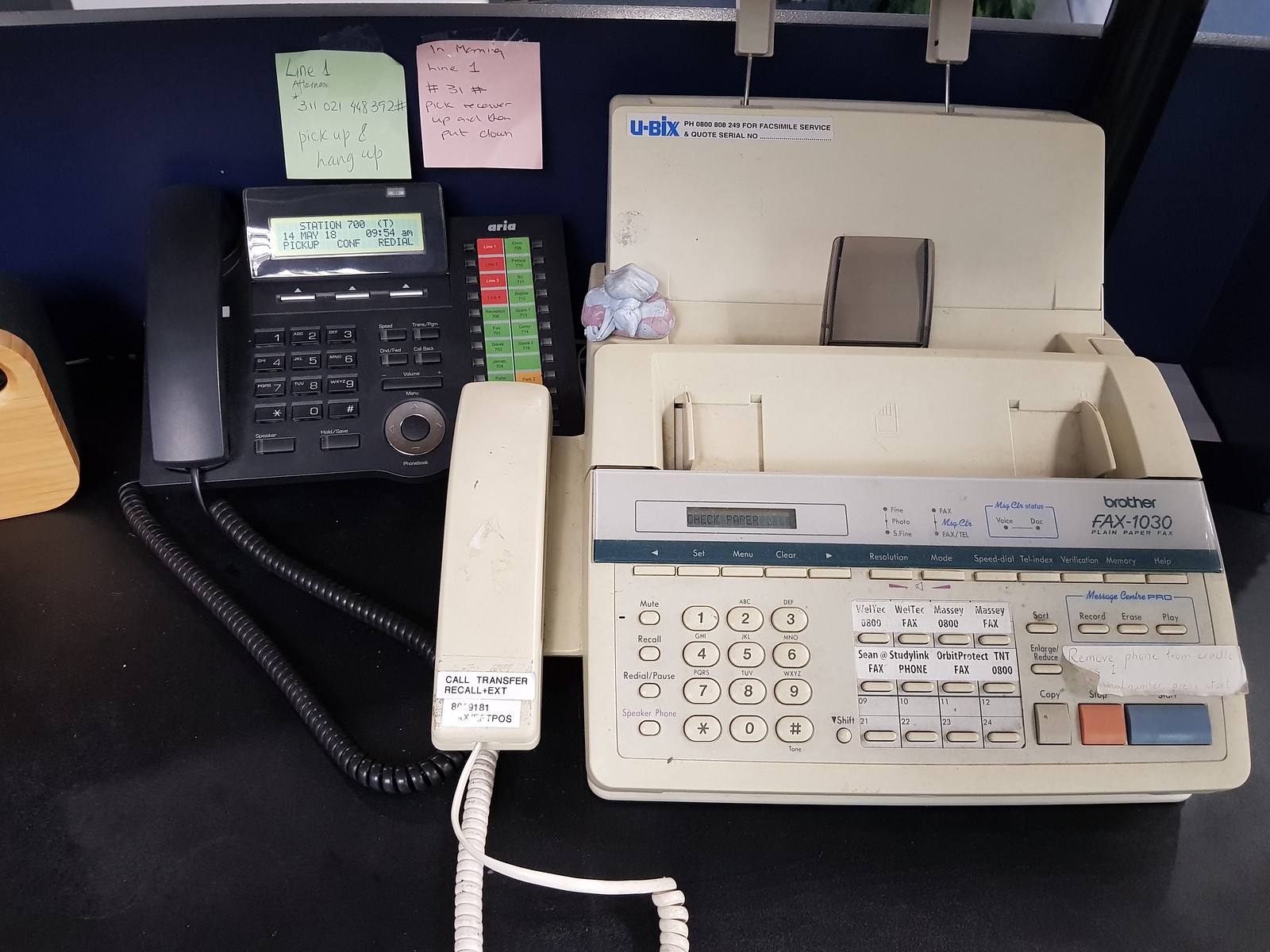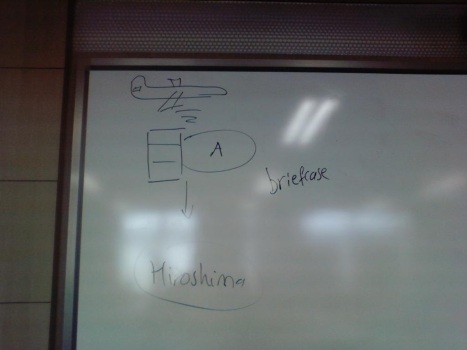 Second language teaching in New Zealand is something I’d always thought I could do, and now are doing at the present with an institute in town. My students are genuine first learners or I surmise, “false beginners”. And oddly enough, most of them are Chinese, though I did have one student that was from Columbia.
Second language teaching in New Zealand is something I’d always thought I could do, and now are doing at the present with an institute in town. My students are genuine first learners or I surmise, “false beginners”. And oddly enough, most of them are Chinese, though I did have one student that was from Columbia.
They’ve had the benefit of English learning but, possibly had not had the chance to speak much, or at all. I feel that some of them have quite high affective filters. But, the biggest thing that’s letting them down is the way that they’re learning, which is through the Audio-lingual method. (Which is “repeat after me!) Being a good CELTA, I have tried to have them learn through more productive methods. Sadly, having them produce anything is to wait a long time to produce. Another thing I’ve seen, and have proved again is that any material that they have in their hands is instantly translated into Chinese, sometimes through translation software. Good if you want speed, bad if you want learning. Thanks Google.
/dʒózəfs dʒǽkət ɪ́z tú lɔ́ŋ/
Still, teaching the chants, pronunciation and rhythms of speech takes me back to when I was teaching Elementary school in Korea. I even taught my current students what a schwa (/ə/) was when pronouncing the reduced form of a vowel. Still, I’ve managed to write fluently using phonemic speech most times, with, few errors.
Filed under: China, EFL, korea, New Zealand, People, school | Tagged: affective filter, audio-lingual method, CELTA force, False learners, students, studying | Leave a comment »





 I tried a communicative writing task last week, with some results. The students were given a strip of pictures and, they were asked “write the sub-titles” for the strip. I explained it as a movie that was missing it’s sub-titles. The results, were varied, if not entertaining. But, it did get them speaking, as a way of feeding back on their work, they read aloud their neighbours work. After a week of the same strip (though different classes) the results are consistent at both levels. The more able classes produced good output, with some of it often being funny. While the lower level classes and students produced… lesser works. Okay, I wasn’t expecting a Shakespeare sonnet, but given free writing practice, my students never failed to amuse.
I tried a communicative writing task last week, with some results. The students were given a strip of pictures and, they were asked “write the sub-titles” for the strip. I explained it as a movie that was missing it’s sub-titles. The results, were varied, if not entertaining. But, it did get them speaking, as a way of feeding back on their work, they read aloud their neighbours work. After a week of the same strip (though different classes) the results are consistent at both levels. The more able classes produced good output, with some of it often being funny. While the lower level classes and students produced… lesser works. Okay, I wasn’t expecting a Shakespeare sonnet, but given free writing practice, my students never failed to amuse.

 Finishing the contractual English camp this year was more of a chore than anything else. It’s all in the mind, and I must say that the students I taught were top flight. I did have the best and oldest students at camp. The oldest student was 15, Korean age I’m told.
Finishing the contractual English camp this year was more of a chore than anything else. It’s all in the mind, and I must say that the students I taught were top flight. I did have the best and oldest students at camp. The oldest student was 15, Korean age I’m told.


 Mention the name Robert Oppenheimer to someone who’s English is their L1, and you’ll get a multiplicity of responses. Getting a comparable response from a student where English is their L2 or even L3 then it would take some priming to do, if at all. The boys (at a boys high school, of course!) knew some of what he did, and took sometime to think of an answer.
Mention the name Robert Oppenheimer to someone who’s English is their L1, and you’ll get a multiplicity of responses. Getting a comparable response from a student where English is their L2 or even L3 then it would take some priming to do, if at all. The boys (at a boys high school, of course!) knew some of what he did, and took sometime to think of an answer.